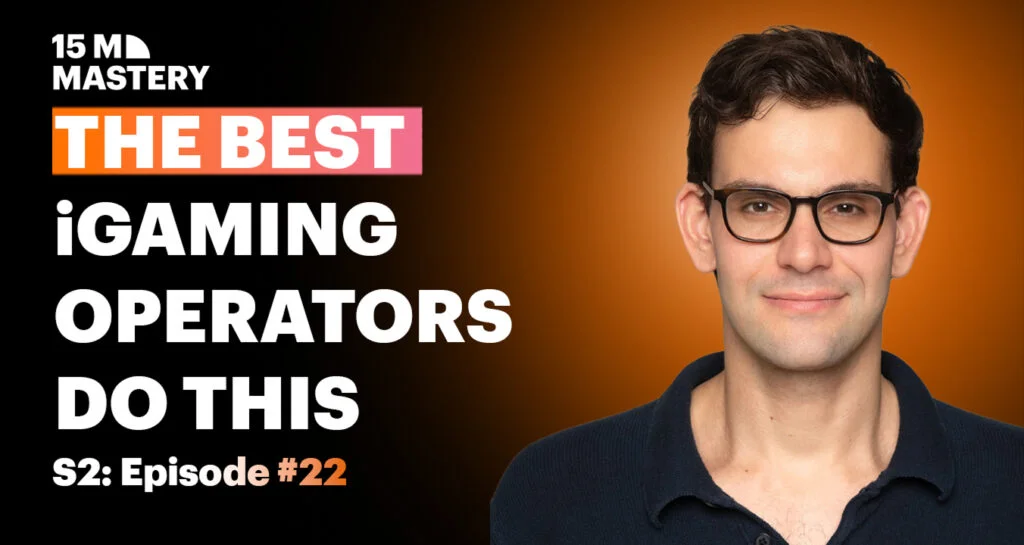How Strategic Partnerships Are Revolutionising Responsible Gambling Access
“Individuals may be in crisis, and they need care as quickly as possible,” says Elliott Rapaport, Founder and CEO of Birches Health. “And it must be care that’s specialised, accessible, and covered by insurance.”
Why Operator Partnerships Are Key to Fast, Specialised Care
Birches Health has focused on building referral pathways directly into sports betting platforms. That visibility matters. Elliott emphasises that responsible gambling resources shouldn’t be buried behind clicks. “We want to be as visible on betting platforms as possible,” he explains.
These private-sector collaborations make it easier for users to find help quickly. Gambling operators now play an active role in identifying individuals at risk and guiding them toward treatment. The shift is not just ethical—it’s strategic.
How State Health Departments Amplify Support
Working with state governments might seem cumbersome, but Elliot sees it as vital. Birches Health has partnered with state departments of health, problem gambling councils, and gaming regulators to deliver care at scale.
“Public-private partnerships are crucial to increasing access to fast and insurance-covered support,” he explains. These three-way collaborations, between providers like Birches, state agencies, and operators, create a robust safety net. This model ensures that no matter where someone lives or their financial situation, help is within reach.
The Role of Sports Leagues in Shaping Culture and Care
The repeal of PASPA in the US opened the floodgates for online sports betting, and professional leagues leaned in. Now, many of them are rethinking their role in promoting responsible gambling.
“Sports leagues are arbiters of American culture,” Elliott says. “They have a responsibility to protect fans engaging with gambling platforms.” Increasingly, these leagues are partnering with treatment providers and regulators to keep problem gambling front and centre.
Big Brands vs Local Ambassadors: Who Drives More Change?
Elliott believes both play an essential role. Birch’s Health works with major state-wide organisations and passionate community-based groups. While national leagues and operators bring scale and visibility, grassroots efforts offer trust and personal connection.
“It really needs to be a top-down and a bottom-up approach,” he notes. “We’re all in this ecosystem together.”
Technology Is Redefining the Support Journey
As gambling moves online, so must responsible gambling efforts. Traditional support models, based in physical clinics, don’t meet the needs of today’s digital-first consumers.
“You need to meet people where they are, and increasingly, that’s on their phones,” Elliott says. Birches Health is a fully virtual programme, offering care from the comfort of home. All treatment is provided by licensed specialists and, importantly, is covered by insurance or state funding.
Who Pays for All This? Funding Mechanisms That Work
Affordability can’t be an obstacle. That’s why Birches Health partners with insurance providers, government agencies, and gaming regulators to ensure costs are covered.
“The majority of our patients’ care is paid for through insurance or government sources,” Elliott confirms. This model removes financial barriers and allows Birches to focus on treatment quality and speed of access.


